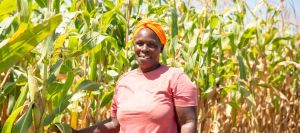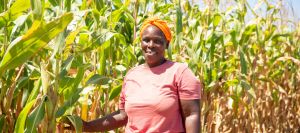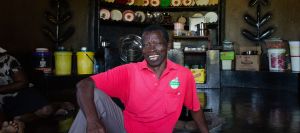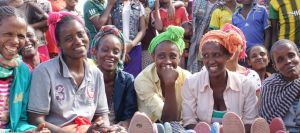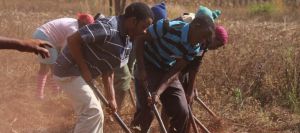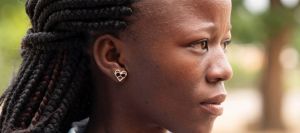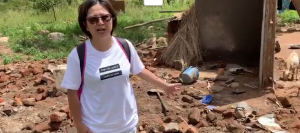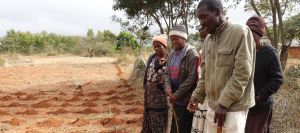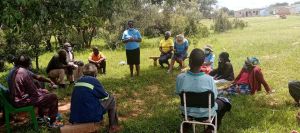
Integrated Approach to Reducing Sexual Gender Based Violence in Mzilikazi, Bubi and Umugza Districts, Zimbabwe
Project Name Integrated Approach to Reducing Sexual Gender Based Violence in Mzilikazi, Bubi and Umugza Districts, Zimbabwe Project Location Zimbabwe Project Natures Advocacy Children and Youth Development Project Objectives Enhance community residents’ awareness of sexual violence, gender-based violence, and human rights. Assist survivors of sexual violence and gender-based violence and other individuals in need in accessing sexual and reproductive health services at community clinics. Help women and girls in need access living subsidies and psychosocial support. Beneficiaries Residents of Mzilikazi, Bubi, and Umguza communities, community leaders, church leaders, and survivors of sexual violence and gender-based violence. No. of Beneficiaries Approx. 2,320 Key Activities Community education: organise training, community dialogues, men’s groups, and other activities to promote awareness of


